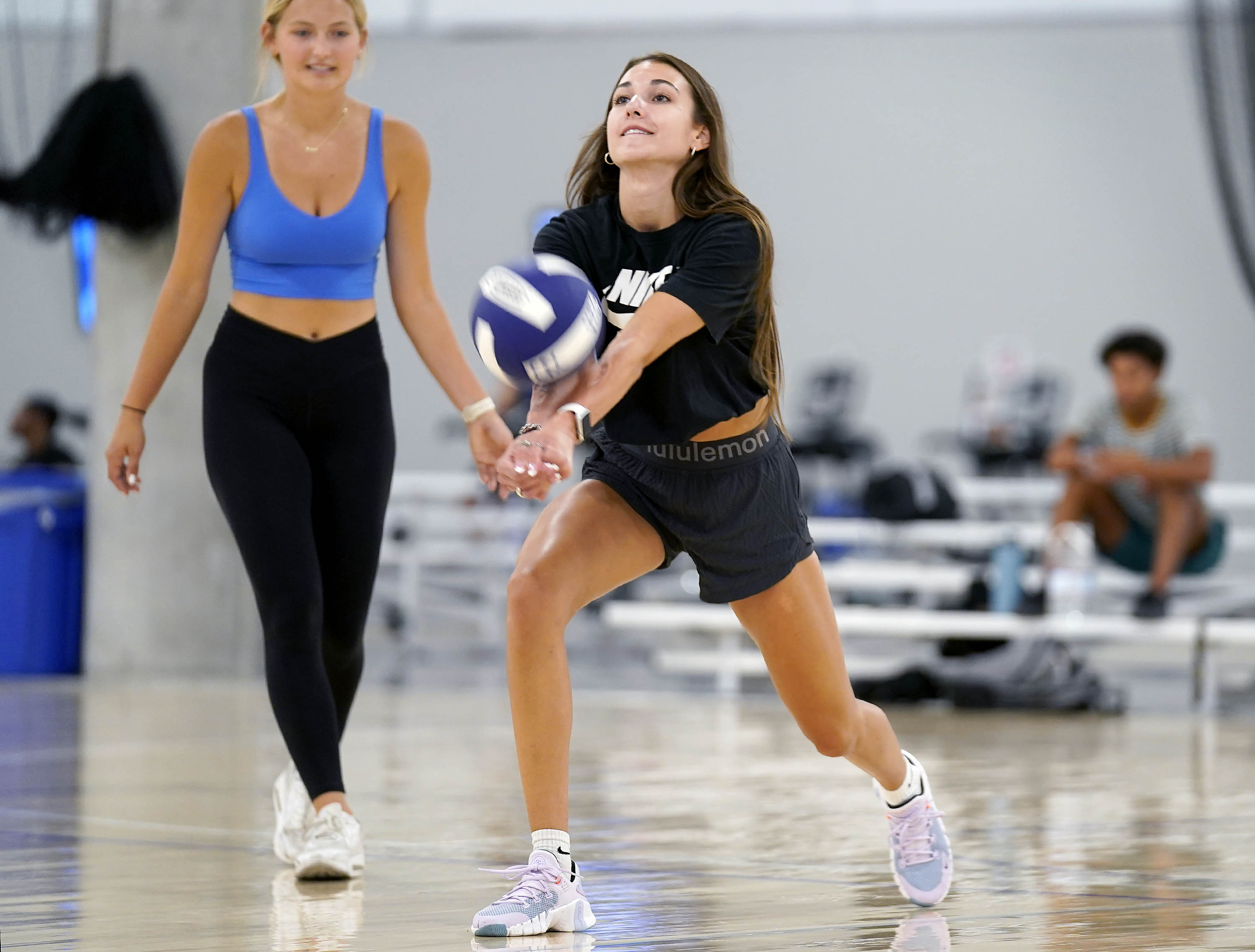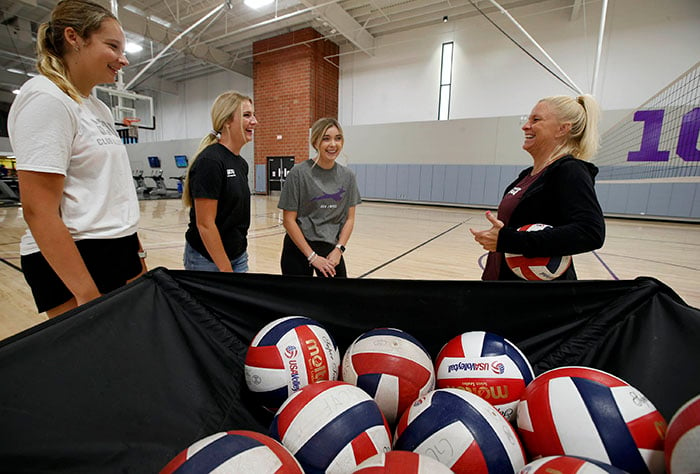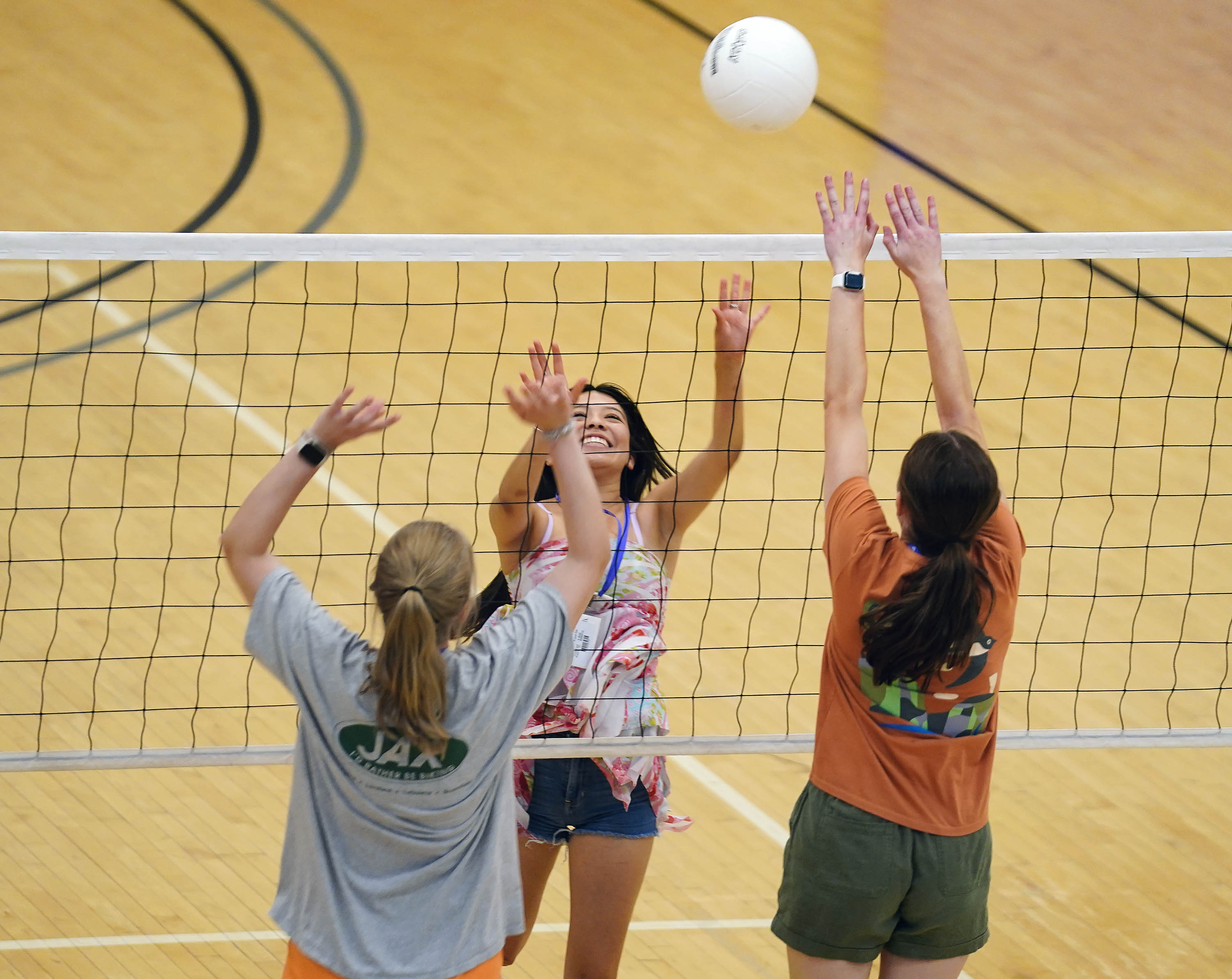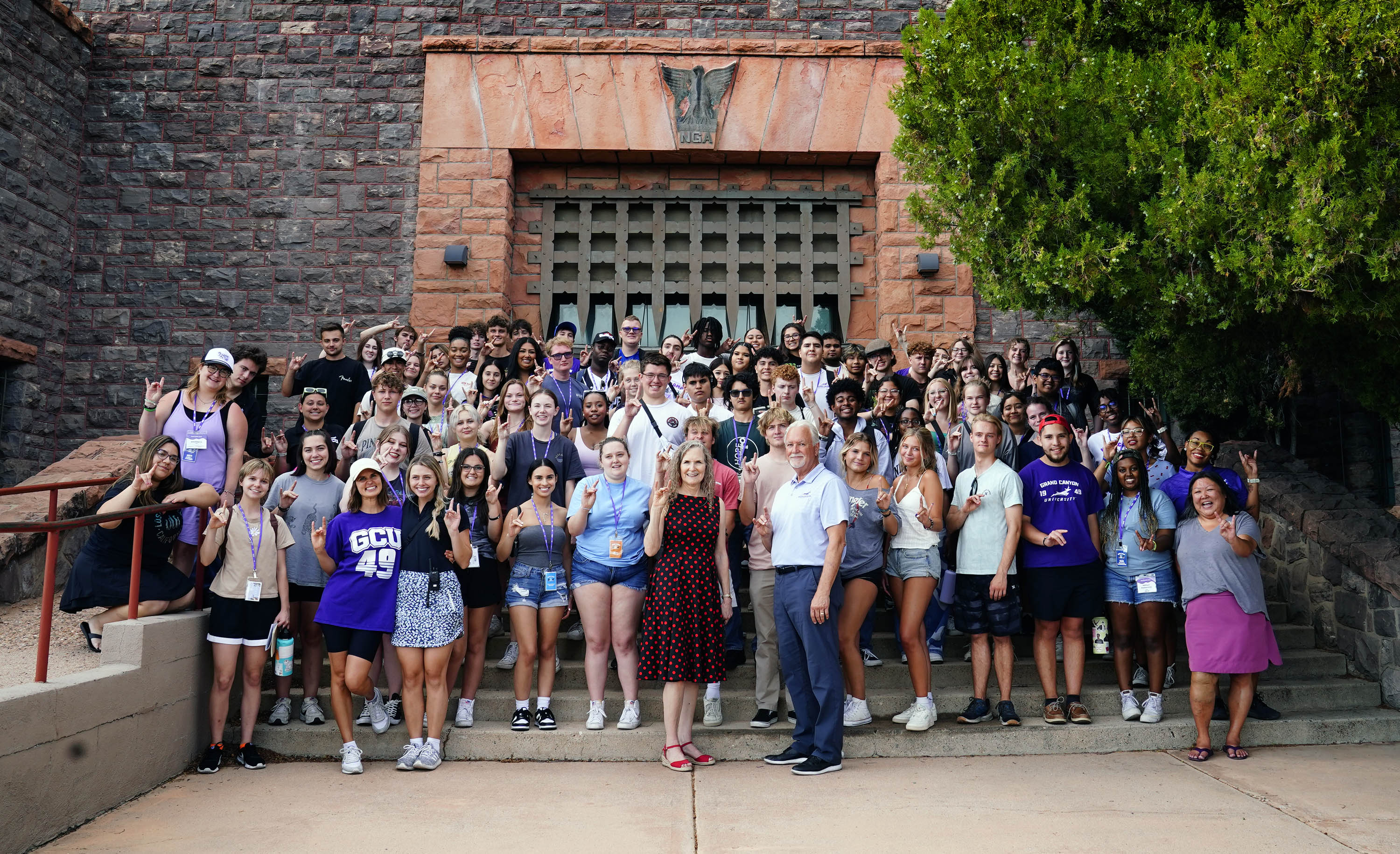College-level reading requires meta-cognition – the ability to consider your own thinking and monitor your mental activity. Every college student needs to understand that four interacting variables affect the quality of reading:
- The reader: What are your reading skills, prior knowledge about the topic, interests, attention or other physical factors like hunger?
- The text: How difficult is the text? What genre is the text (i.e., a novel, a science text, a magazine)? Is there graphical support or summary information?
- The strategies: How do you approach the reading task? What do you do as you read?
- The goal: Why are you reading the text? What do you want to accomplish by reading the text?
The reader interacts with the words in the text by applying strategies that help the reader comprehend the message printed on the page. The act of reading can be broken into three key periods: Before, During, and After. By following the suggestions below, you can increase your reading effectiveness.
Before you read
- Try to read earlier in the day when you are most alert.
- Make sure you choose an area that is quiet and has good lighting. Do not lie in your bed or have distractions near you (such as the TV, computer, phone, music, etc.). You must choose a location that allows you to concentrate and have peace. Always use this study area for reading only.
- Set a goal for reading. Ask yourself what you want to learn? Why are you reading the text?
- Survey and preview the chapter by looking through it and paying attention to the titles, headings, bold print, figures, tables, charts and pictures. If there is a summary of the chapter, read it first. By surveying the text, you will be able to get the big ideas of the chapter before you actually read about the details.
- While surveying and previewing the chapter, make questions out of the headings, subheadings and bold printed words that you find in the text. For example, if a heading in a science text is “Mammals,” you could make a question like, “What are mammals?” Now, when you read the chapter try to find the answers to your own questions.
While you read (During)
- Write as you read. Keep notes and answer the questions you created when surveying the text. Be sure to also record the points where you have difficult understanding so that you can ask your instructor later in class or during office hours.
- It is also helpful for students to keep a T-Chart Journal as they read. To make a T-Chart, draw a line across the top of your page (from left to right) and then a line down the middle of your page (from top to bottom so that there is a big capital letter T on your page). As you read, copy important information on the left side of your T-Chart and then add your personal thoughts on the right side of your T-Chart. This will help you more deeply process and therefore remember the information you are reading.
- Another way to make your text more meaningful is to use a coding system like the one below:
- “+” means that it is new information
- “?” means that it is information you have a question about or don’t understand
- “J” means you already know the information
As you read the chapter, use the above codes and write a “+, ?, or J” in the text to show your reaction to the text. Afterwards, you can return to the “?” marks to reread or ask questions of your instructor later.
- Divide the reading into smaller pieces like sections or page amounts instead of trying to do a whole chapter at once without stopping.
- Take breaks as your read, usually about every 45 minutes. During the breaks, reflect or review what you just read. Get up and walk around so that oxygen flows to your brain. This will help you remain alert.
After you read
- When you finish reading the chapter (or even after reading each section before a break), write a quick “two-minute summary” of what you read. For two minutes, brainstorm everything you remember.
- Return to each of the questions that you made in the beginning and try to answer them without looking at your answers. If any question is difficult to answer, return to that section and reread it.
For more information about CLA and its services for online and campus students, please visit my.gcu.edu/centerforlearning or contact centerforlearning@gcu.edu.










